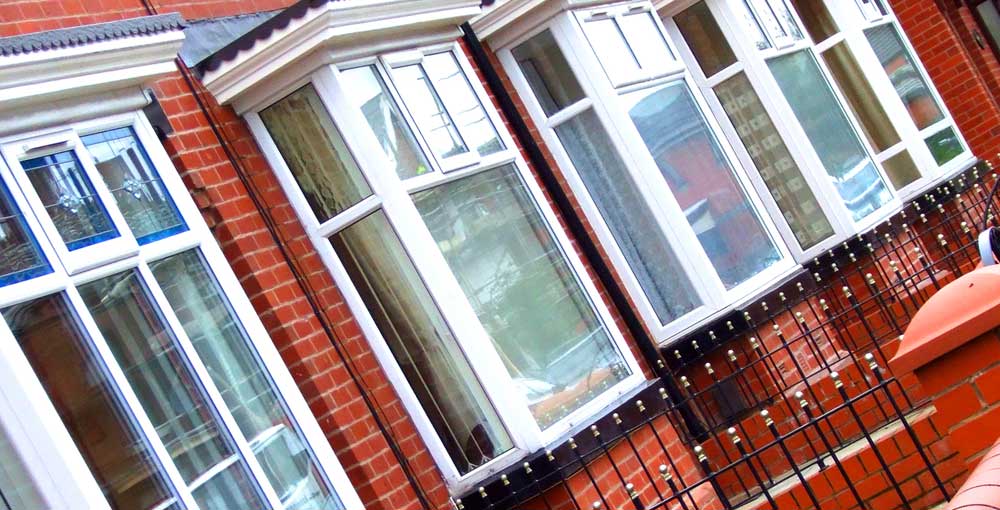A Student Guide to House Renting
Moving to university is an exciting time. On-campus accommodating allows you to find your feet in your first accommodation away from home. But once you’re past first year, you may want to branch out into private accommodation, often with a group of friends. University accommodation can be more expensive than private lettings – and you will find that first year students are given priority over any others who wish to stay on campus. So after your first year of university private letting is the next logical step.
What should you look for when trying to find the perfect accommodation for you and your friends? Here are some answers to the most common questions about rented accommodation for students:
1. How do I choose my housemates?
Before you start looking for a property, you’ll need to have an idea of how big a home you’re looking for. Choosing friends you have lived with in halls is beneficial, as you know what they are like to live with already. However, that doesn’t mean you should rule out other people – the important thing is that you live with people you are comfortable around and trust with the responsibility of taking care of a rental property.
2. What type of contract?
There are two main types of contract available for student accommodation. “Per-room contract” is as it suggests. This is where each room in the property has a separate agreement with the agent or landlord. These can be very helpful in shared houses, it means that, should one of your flatmates fall behind with rent or damage furniture in their room, you will not be responsible for it. The second type of contract is a “whole property contract”. This is where every person in the home is responsible for the property, its payment and its care. Each person signs the agreement, which holds them ‘jointly and severally liable’. Meaning that if someone moves out, you all have to make sure their room is filled or rent is paid.
3. How do we find a property?
There is a huge range of student letting agents, many of which have promotions such as free agency fees or half rent over the summer months. Alternatively, you can approach private landlords. However, it’s important to remember that there are very stringent safety and maintenance rules in place for student and shared accommodation. Your university housing office should have a list of approved letting agents and landlords, whose properties have been inspected and meet the necessary standards. It is recommended to stick to the approved list to try and avoid hassle. Though if problems arise with landlords or letting agencies your university or student union will have procedures in place to help you sort the issues out.
4. Where should we move?
On-campus accommodation is ideally located but private homes are often limited in the immediate vicinity of your university. There will be a number of areas popular with students, because of their proximity and easy access to campus. The more popular (and closer) the area is, the more you will pay. However, remember that if you move further out, you will probably incur travel costs and it will take longer to get to classes. Perhaps a car share could be put in place to cut costs and save time. Weigh up and agree these details with your fellow housemates before signing a property agreement.
5. What should we look for in a property?
When viewing a property, there are two things that should come at the top of your requirements list, safety and security. Ask yourself the following questions when viewing a property:
· What is the street like?
· Is there good lighting?
· Is there much traffic?
· Does the front door and windows look secure? Inside, are all entrances and windows secured with locks? Do the internal doors have locks?
· Is the house in good condition? Is there any mould around the rooms and especially the bathroom, no drafts? Is the kitchen large enough for the amount of people in the house?
· Is there a smoke alarm (and potentially a carbon monoxide alarm)? Are all exits and entrances clear and easy to pass through in emergencies?
If you are still unsure about a property your parents may be a good place to turn to for advice, also ask for advice at your student union for more help.





